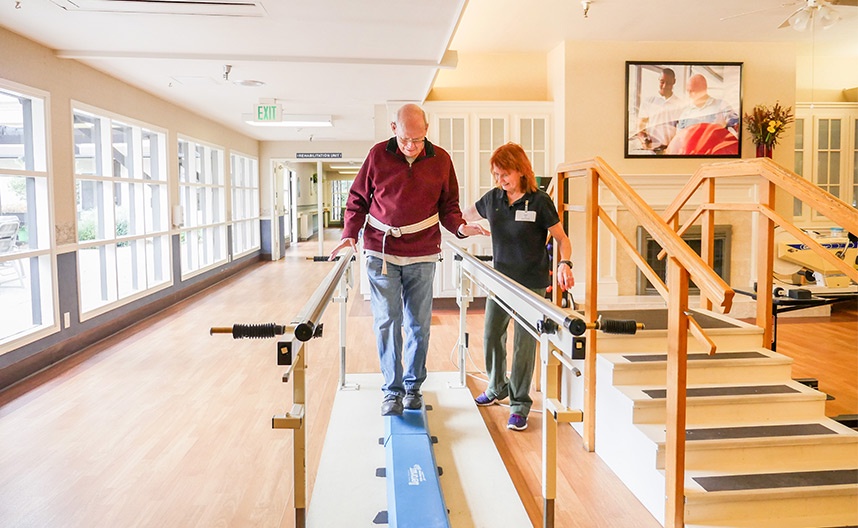Outpatient rehabilitation facilities stand at the forefront of addiction treatment, offering a flexible and effective approach to recovery. In the journey towards sobriety, individuals grappling with addiction find solace and support through outpatient rehabilitation facilities. This article explores the distinctive features that make these facilities a compelling choice for those seeking recovery.
- Flexibility in Treatment Plans
One of the defining features of outpatient rehabilitation facilities is the flexibility they provide in crafting individualized treatment plans. Unlike inpatient programs, outpatient options accommodate participants' diverse schedules and commitments. This flexibility enables individuals to meet personal and professional responsibilities while receiving the necessary support for their recovery journey.
The ability to customize treatment plans according to the unique needs of each participant fosters a sense of autonomy and empowerment. This personalized approach recognizes that addiction affects individuals differently, and tailoring treatment plans increases the likelihood of long-term success in overcoming substance abuse.
- Integration of Daily Life and Treatment
Outpatient rehabilitation facilities seamlessly integrate rehabilitation into daily life. This integration allows individuals to apply the coping strategies and skills they learn during therapy sessions to real-world situations immediately. The ability to face and navigate everyday challenges while receiving ongoing support is a key factor in the effectiveness of outpatient programs.
Individuals learn to cope with triggers and stressors in real-time by engaging in treatment while still participating in daily activities. This practical application of learned skills enhances the effectiveness of rehabilitation, providing a smoother transition from treatment to independent, substance-free living.
- Strong Support Systems
Outpatient rehabilitation facilities emphasize the importance of a robust support system in recovery. Participants are encouraged to involve their families, friends, and communities in their journey towards sobriety. Incorporating a strong support network contributes significantly to the effectiveness of these facilities.
This emphasis on a comprehensive support system extends beyond the treatment center, creating a network of individuals committed to the participant's well-being. Family involvement, group therapy, and community support strengthen the recovery process and contribute to the development of a sustainable, sober lifestyle.
- Cost-Effectiveness and Accessibility
Outpatient rehabilitation facilities are often more cost-effective than their inpatient counterparts, making addiction treatment more accessible to a broader range of individuals. The reduced financial burden allows more people to seek the help they need without compromising the quality of care.
Moreover, the accessibility of outpatient programs eliminates barriers to entry, enabling individuals to attend therapy sessions without the need for extended leaves from work or separation from their families. This accessibility ensures that addiction treatment is within reach for those who may have otherwise found it challenging to commit to a residential program.
- Continuity of Care
Continuity of care is a crucial aspect of outpatient rehabilitation facilities. The ongoing nature of treatment allows for continuous monitoring of progress, adjustment of treatment plans as needed, and relapse prevention. The regular check-ins and follow-up sessions contribute to the accountability of participants, fostering a sense of responsibility for their recovery.
This continuity also allows for the identification and prompt intervention in case of emerging challenges or setbacks. Addressing issues as they arise enhances the effectiveness of the treatment process, promoting sustained progress toward a drug-free life.
Conclusion
The combination of flexibility, treatment integration into daily life, strong support systems, cost-effectiveness, and continuity of care makes outpatient rehabilitation facilities a compelling option for addicts seeking rehabilitation. The holistic and comprehensive nature of these programs not only addresses the immediate challenges of substance abuse but also equips individuals with the tools and support needed for a sustained, long-term recovery. Choosing outpatient rehabilitation facilities to help addicts is a decision that reflects a commitment to healing, resilience, and the pursuit of a brighter, substance-free future.


No comments yet